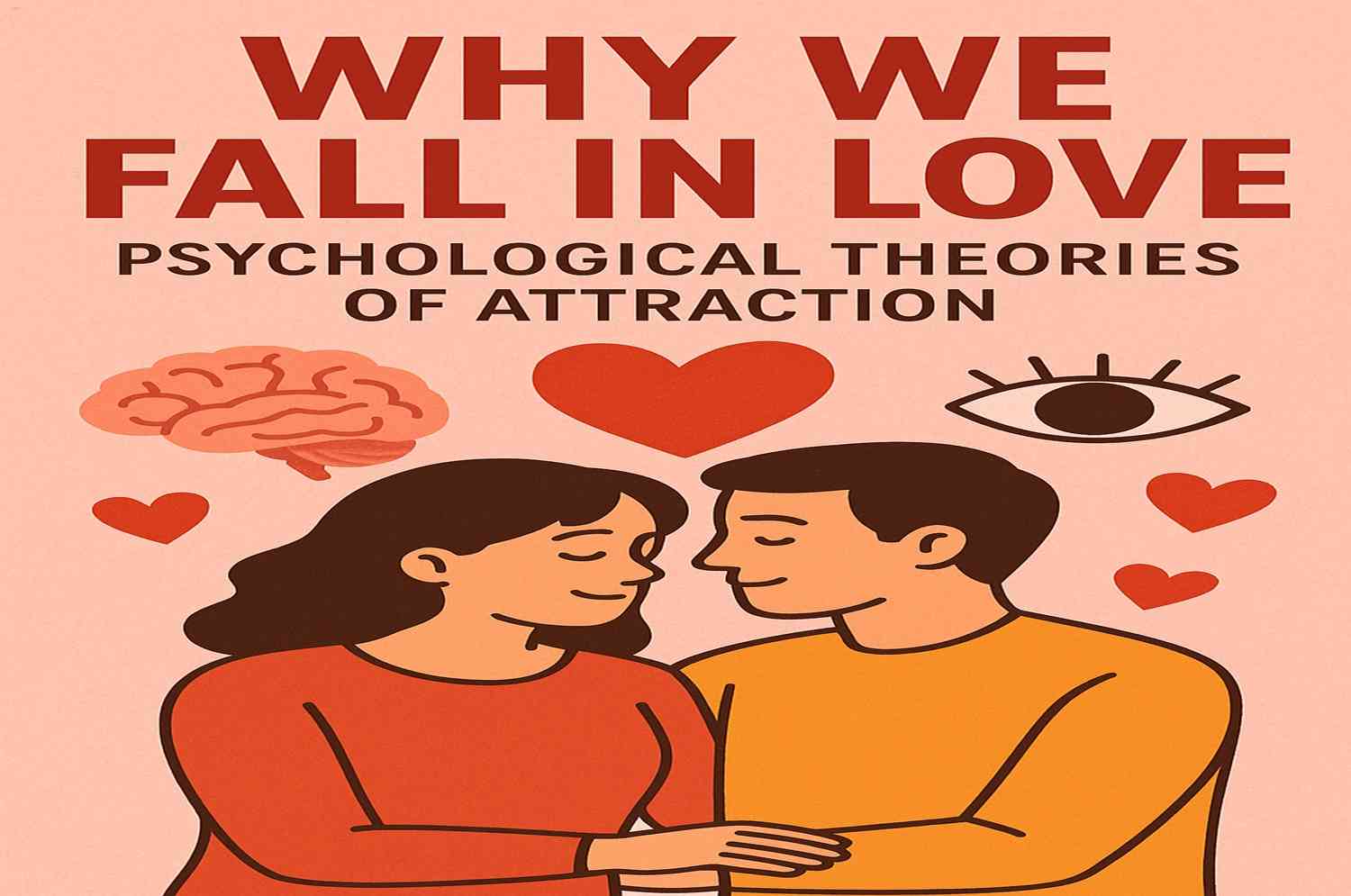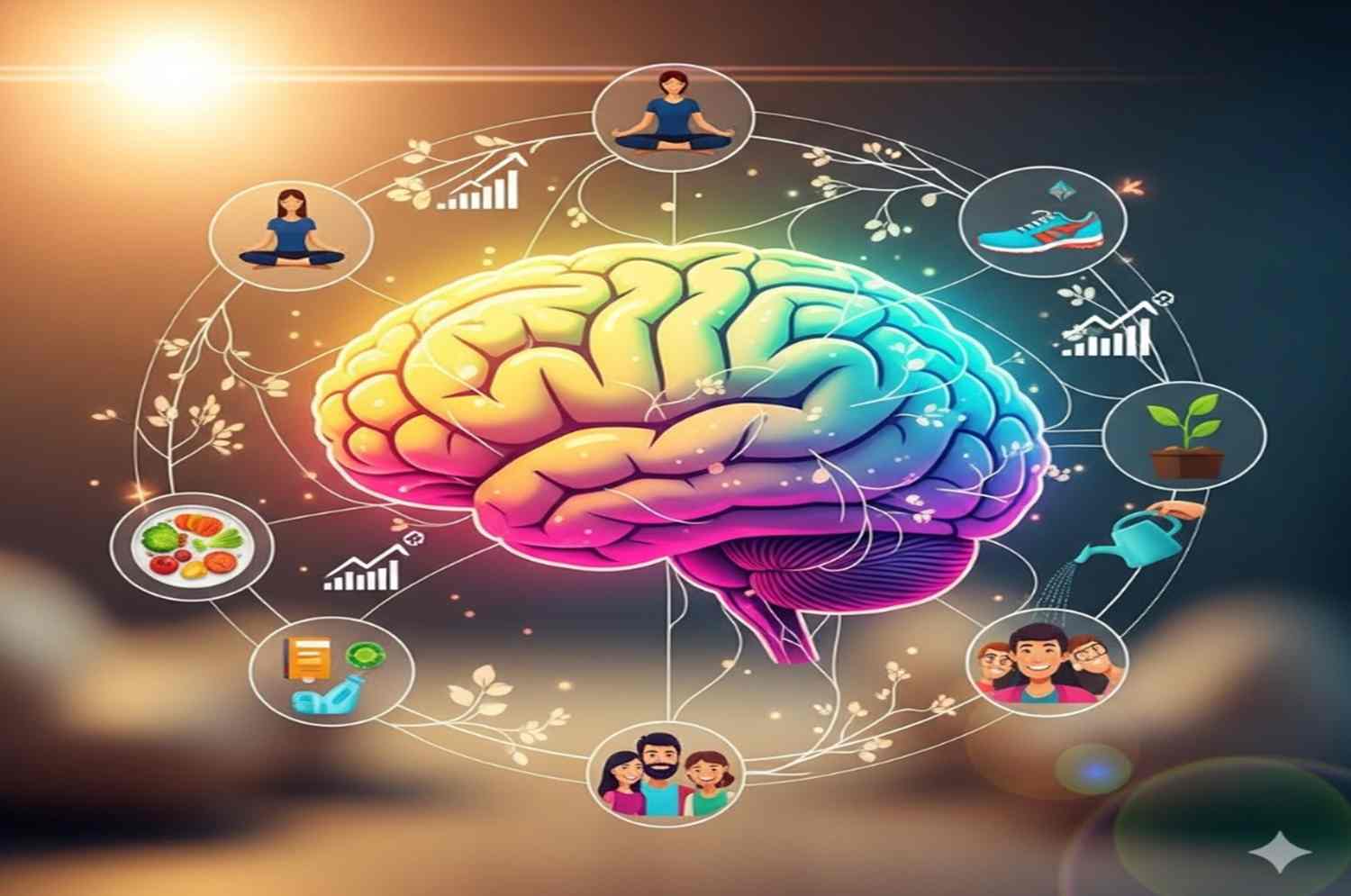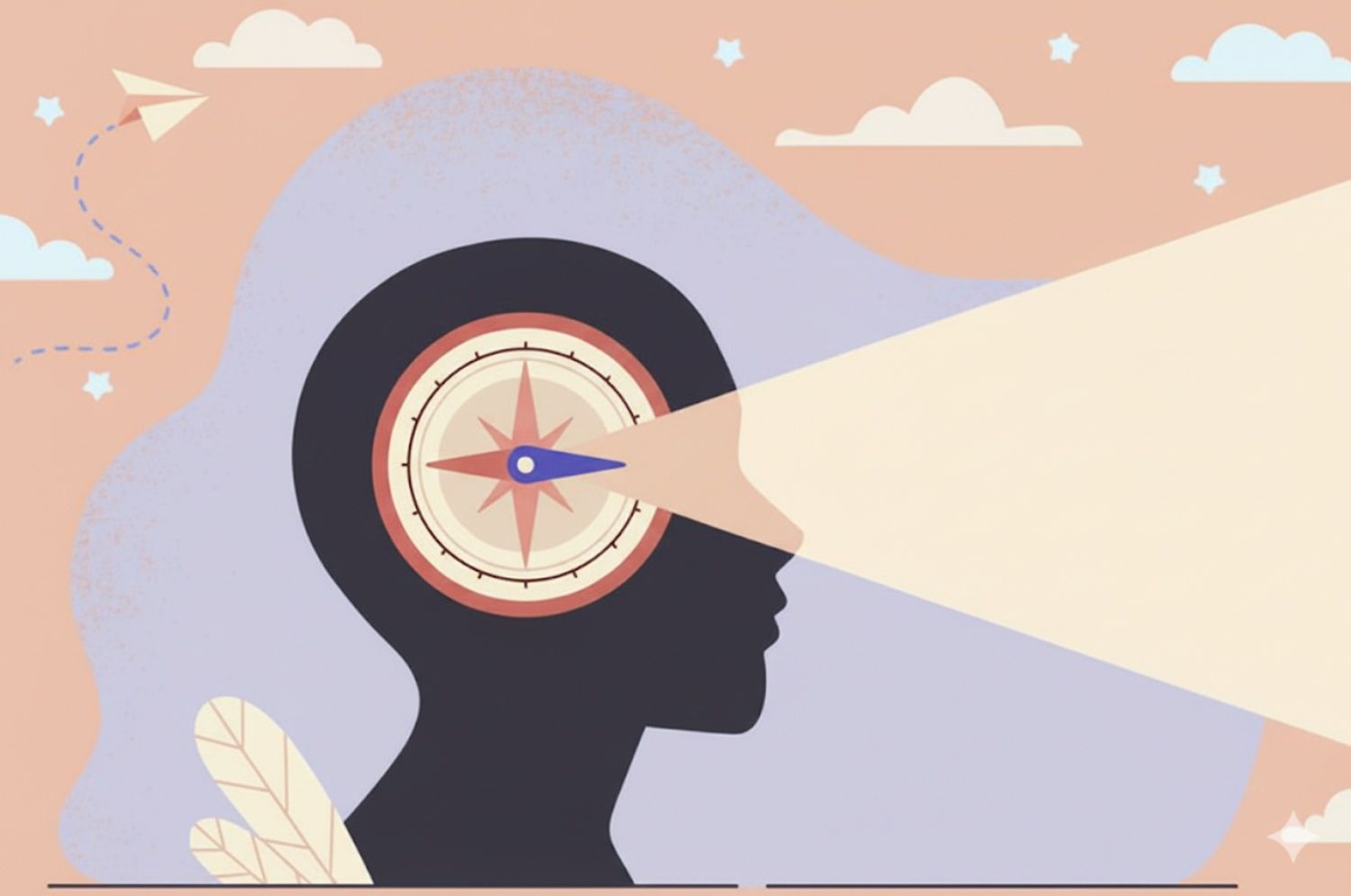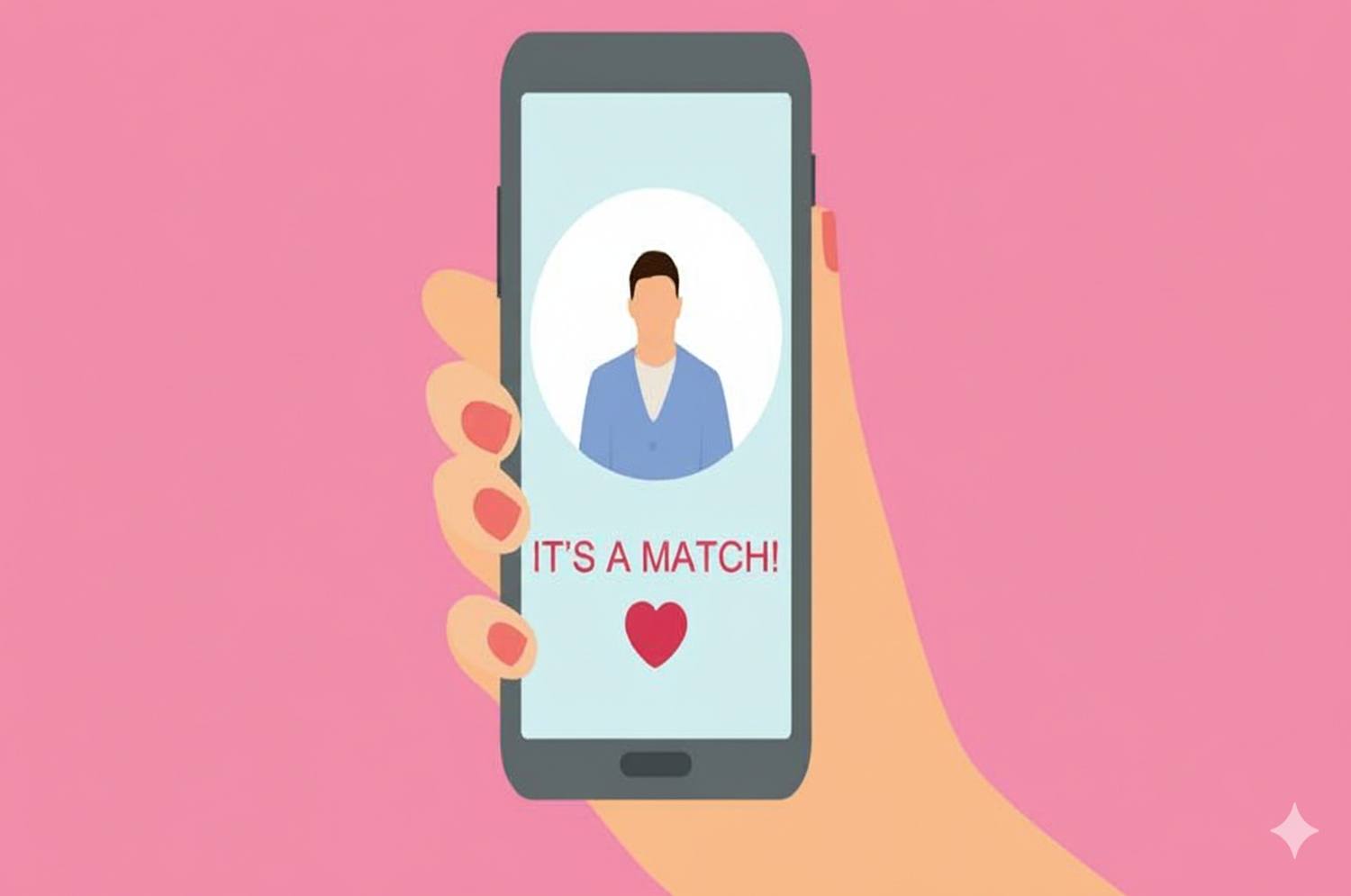The Psychology of Confidence: Simple Shifts to Boost Self-Belief
“Why do some people walk into a room and instantly command attention?” Introduce the concept of confidence as a skill, not just a personality trait. Highlight that this post is a practical beginner’s guide using psychology-backed methods to boost confidence. Understanding the Psychology of Confidence What Confidence Really Means (Self-Belief vs. Arrogance) The psychology of … Read more










